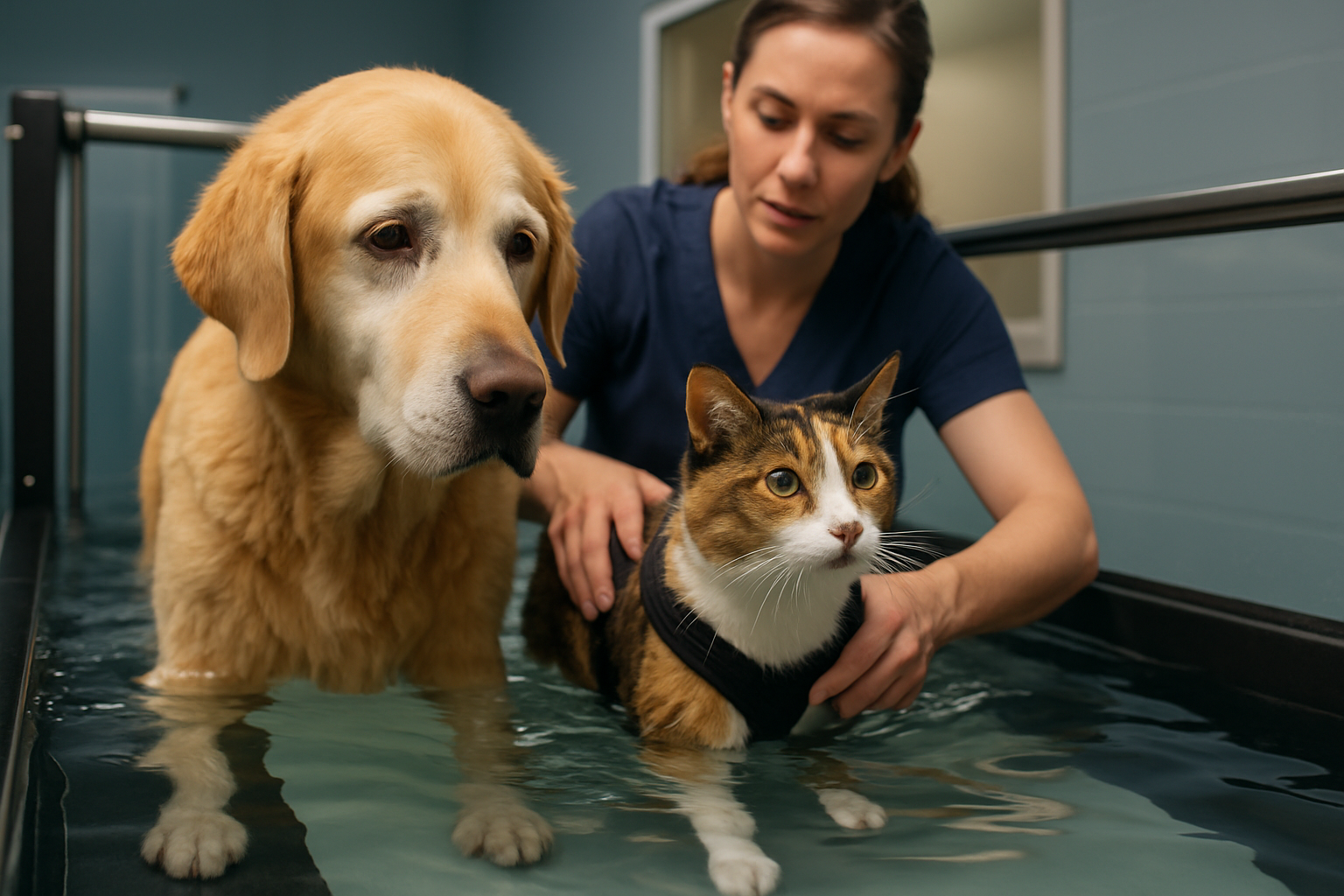Car Repair Training in Japan — From Technical Learning to Workshop Application
Car repair training in Japan introduces participants to diagnostic procedures, repair methods, and routine vehicle maintenance in accordance with industry practices. The curriculum often includes both classroom study and hands-on exercises, preparing learners to apply technical knowledge in workshop settings. Understanding repair processes, tool usage, and safety standards can help participants engage effectively in automotive service environments where accuracy and consistency are important.

How Practical and Theoretical Learning Integrate in Japanese Car Repair Training
Japanese automotive training programs distinguish themselves through their balanced approach to education. Theoretical classroom sessions typically cover fundamental engineering principles, vehicle systems, and diagnostic methodologies. These sessions are strategically paired with hands-on practice, where students immediately apply concepts learned in class to actual vehicles. This integration helps solidify understanding and builds muscle memory for repair procedures.
Most training centers in Japan employ a progressive learning model where students first master basic maintenance skills before advancing to more complex repair procedures. The theoretical components often include technical drawing, mathematics, physics, and extensive study of vehicle manuals and specifications—all essential knowledge before touching a real vehicle. As students progress, the ratio shifts toward more practical application, with classroom theory serving as the foundation for workshop activities.
Key Vehicle Maintenance and Diagnostic Topics in Japanese Training Programs
Japanese automotive training curricula comprehensively cover all major vehicle systems. Students begin with fundamental engine mechanics and gradually progress to more complex systems. Core topics typically include:
-
Engine performance analysis and troubleshooting
-
Transmission and drivetrain diagnostics
-
Electrical system testing and repair
-
Brake and suspension system maintenance
-
Climate control system diagnosis
-
Computerized vehicle diagnostics and ECU programming
Diagnostic training in Japan places particular emphasis on systematic problem-solving approaches. Students learn to use both traditional mechanical diagnostic methods and advanced electronic diagnostic tools. The Japanese approach emphasizes root cause analysis rather than symptom treatment—technicians are trained to identify the underlying issues causing vehicle problems rather than simply addressing the symptoms.
The Role of Accuracy and Process Adherence in Japanese Automotive Service Work
Precision and methodical work processes form the cornerstone of Japanese automotive training. Students are taught that accuracy is non-negotiable in automotive repair—a principle reflected in Japan’s broader manufacturing philosophy. Training programs emphasize the importance of following manufacturer-specified procedures exactly as documented, with instructors repeatedly demonstrating how even minor deviations can lead to significant performance issues or safety concerns.
Documentation plays a central role in Japanese automotive training. Students learn to maintain detailed repair records, accurately document diagnostic findings, and follow precise documentation standards. This focus on process adherence creates mechanics who approach vehicle repair with discipline and consistency. The training instills a professional mindset where rushing through jobs or taking shortcuts is discouraged in favor of methodical, careful work that meets exact specifications.
Learning Safe Tool Operation and Repair Workflows in Japanese Training
Safety training forms an integral component of automotive education in Japan. Students receive comprehensive instruction on proper tool handling, equipment operation, and workshop safety protocols. This includes proper lifting techniques, safe jack and stand usage, electrical safety procedures, and chemical handling precautions.
Japanese training programs place particular emphasis on workspace organization using principles similar to the 5S methodology (Sort, Set in order, Shine, Standardize, Sustain). Students learn to maintain clean, organized work areas with tools and equipment properly stored between uses. This organizational approach improves efficiency and significantly reduces accident risks. Training also covers emergency procedures, first aid, and environmental considerations such as proper disposal of automotive fluids and parts.
Applying Technical Knowledge in Supervised Workshop Environments
The culmination of Japanese automotive training occurs in supervised workshop settings where students work on actual customer vehicles under instructor guidance. These practical sessions bridge the gap between training and real-world employment, allowing students to experience genuine repair scenarios with appropriate support.
These workshop environments simulate actual repair shop conditions while providing learning opportunities. Students rotate through different service roles, from initial customer interaction and vehicle inspection to diagnosis, repair, quality control, and service completion. Instructors gradually reduce their oversight as students demonstrate proficiency, encouraging independent problem-solving while ensuring quality standards are maintained.
Training Program Costs and Provider Comparison
Automotive training in Japan varies significantly in cost depending on program length, certification level, and institution type. Programs range from short technical courses to comprehensive multi-year diploma programs.
| Training Provider | Program Duration | Approximate Cost (JPY) | Key Features |
|---|---|---|---|
| Toyota Technical College | 2 years | 2,000,000-2,800,000 | Manufacturer-specific training, job placement assistance, internship opportunities |
| Nihon Automobile College | 1-3 years | 1,800,000-3,200,000 | Comprehensive curriculum, international student support, modern facilities |
| Japan Automobile Technical Institute | 6 months - 2 years | 800,000-2,500,000 | Specialized short courses, flexible scheduling, certification preparation |
| Yamaha Technical School | 1-2 years | 1,500,000-2,600,000 | Motorcycle and automotive specializations, industry partnerships |
| Honda Technical College | 2 years | 2,200,000-3,000,000 | Honda-specific training, advanced diagnostic equipment training |
Prices, rates, or cost estimates mentioned in this article are based on the latest available information but may change over time. Independent research is advised before making financial decisions.
Japanese automotive training programs represent a significant investment but offer strong employment prospects in Japan’s thriving automotive sector. Many institutions offer scholarship options, payment plans, and industry-sponsored opportunities that can substantially reduce out-of-pocket expenses for qualified students.
The blend of theoretical knowledge and practical application in Japanese automotive training creates technicians renowned for their technical excellence and methodical approach. This educational philosophy produces mechanics who not only understand how to repair vehicles but comprehend why specific procedures must be followed—resulting in the exceptional quality and reliability that characterizes Japanese automotive workmanship.




